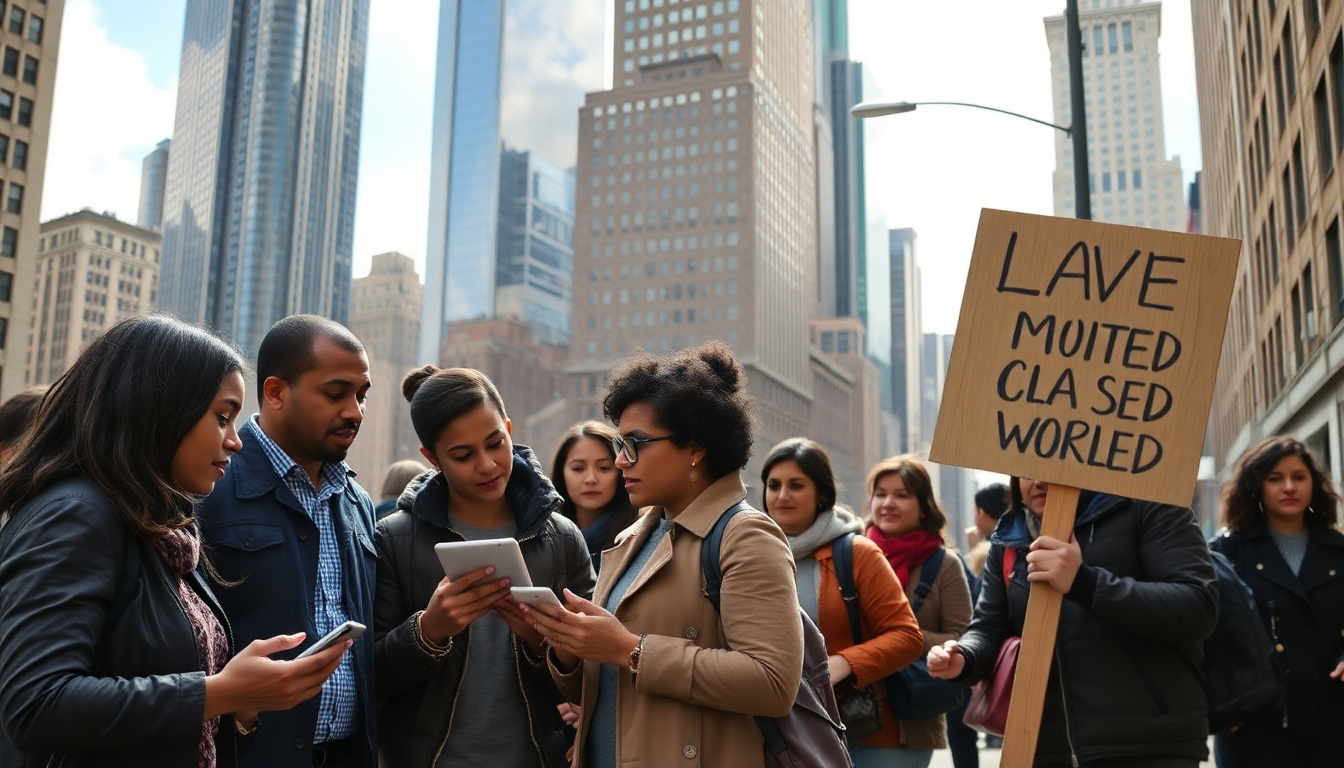Table of Contents
The ongoing mayoral race in New York City is stirring up a lot of discussion, especially around tax policies put forth by Democratic nominee Zohran Mamdani. With the cost of living hitting residents hard, many are left wondering how the city will fund essential services like public transit and affordable housing. Recent polling data sheds light on how voters are reacting to these proposals and what it could mean for the future of the city.
Current Voter Sentiments on Tax Proposals
According to a recent survey conducted by Honan Strategy Group, the electorate is pretty split on Mamdani’s tax initiatives aimed at corporations and wealthy individuals. The poll shows that 48% of voters are in favor of increasing corporate taxes to pay for free public transit and affordable housing. However, that support drops when you throw in the potential consequences—only 36% of respondents still back higher corporate taxes if it means businesses might pack up and leave New York City.
When it comes to a wealth tax designed to fund free public transportation, support dips even further. Just 42% of voters approve of this idea, while a notable 47% are against it. This division underscores a growing concern among voters about the risks associated with these financial policies, especially in a city where the economy is already on shaky ground.
On a more positive note, the proposal for city-run grocery stores aimed at bringing down food prices has garnered some backing, with 53% of respondents supporting it. This indicates that while there’s a willingness to endorse certain economic measures, voters are still cautious about the broader financial implications of raising taxes on high earners.
Housing Affordability and Public Opinion
Housing affordability continues to be a major concern, with 21% of voters pinpointing it as the city’s most pressing issue. Mamdani’s proposal for a rent freeze on stabilized apartments has received support from 51% of poll participants, reflecting a strong desire for immediate action to tackle the housing crisis. However, this plan is tied to a proposed increase in taxes on millionaires, which has sparked a divide in public opinion.
Additionally, the idea of introducing a new 2% tax on millionaires and shifting property tax burdens to wealthier neighborhoods has ignited debate. While voters seem to acknowledge the need for change, there’s a palpable wariness about policies that could hit businesses and wealth creators hard. This echoes a broader sentiment, with 93% of respondents admitting that affordability is indeed a crisis in New York City.
General Public Sentiment and Potential Implications
Diving deeper into the data, it’s clear that many New Yorkers feel the city is growing more exclusive. A striking 80% agree that New York is only affordable for the wealthiest residents. This disconnect between income levels and living costs raises serious questions about the sustainability of current economic models and the effectiveness of proposed tax policies.
The survey also revealed that 72% of voters feel their families are struggling to achieve the American Dream despite putting in hard work, with many expressing worries about stagnant incomes and rising expenses. As these findings suggest, there’s a strong desire for progressive tax reforms, but voters are also acutely aware of the potential fallout these policies could bring.
Ultimately, the upcoming election represents a pivotal moment for New Yorkers. They’ll need to weigh the potential benefits of Mamdani’s proposals against the risks to the city’s economic landscape. With opinions still divided, it’s crucial for candidates to tackle these concerns directly to win support and navigate the complexities of urban governance in a city at the crossroads of change.


